Explore the Vibrant Range of Indian Sandstone at London Stone
Indian sandstone, with its rich textures and array of colours, is one of the most popular choices for paving in the UK. London Stone offers an extensive range of Indian sandstone that caters to every price, taste and design style.
From the lush hues of Raj Green Sandstone to the subtle elegance of Kandla Grey Sandstone, our riven (hand cut) collection ensures rustic charm for your outdoor space, while the contemporary coolness of our sawn paving options like Beige and Heath Sandstone, give you a more modern finish.
Why Choose Indian Sandstone?
Indian stone paving is celebrated for its robustness and versatility, making it an ideal choice for garden patios, pathways, and even driveways. Each piece of stone is unique, with distinctive patterns, textures, and colour variation that adds character and warmth to any garden setting. Our range includes a variety of finishes and sizes, providing flexibility for traditional and contemporary designs alike.
Featured Products & Surface Texture
Indian Sandstone has a plethora of styles to choose from. Although all our sandstone is calibrated to give it a uniform thickness, sandstone is naturally split from quarried blocks, giving it a 'riven' surface. Raj Green Sandstone mirrors the lush landscapes of the countryside, and blends well with most environments. Its natural green and brown tones harmonize with outdoor elements, making it a perennial favourite among homeowners and a reliable choice for landscape contractors. Kandla Grey Sandstone slabs meanwhile, are a great choice for those seeking a more neutral palette. Kandla Grey offers sophisticated, muted grey shades that bring a modern touch to exteriors and is an exceptionally popular material.
Our choice of Tumbled Sandstones are manufactured by gently vibrating riven indian sandstone slabs with smaller stones and water, to soften the edges and surface texture. Particularly at home in more traditional settings, tumbled stones like Black Sandstone and Tumbled Mint add character, and a slightly weathered appearance.
The options for Indian Sandstone are further extended through careful machine processing. Sawn Sandstone, with its enhanced natural beauty, is crafted by sawing large blocks of Indian Sandstone into slabs that are calibrated to a uniform thickness. Sawn sandstone exhibits gentle colour variations and a consistent top surface that appeals to modern garden designs. Mint Sandstone is one of our most popular riven Indian sandstones, but when sawn, the material lightens, and the result is a mix of beige to pastel-coloured slabs. Our suppliers separate the clean coloured beige slabs and we supply these as Beige Sawn Sandstone - a modern, material that is our most popular natural stone. The pastel and yellow-coloured slabs are then offered as Harvest Sawn Sandstone, another one of our most popular paving types.
Budget-Friendly Possibilities
As the UK moved away from the concreted landscapes of the late 20th century, imported Indian sandstone became an increasingly popular choice in British gardens. While rustic riven sandstones originating from Rajasthan first dominated the market, smoother, more contemporary sandstone soon followed, as style changed. Originally a prestigious and exclusive material, London Stone not only pioneered sawn sandstone within the UK landscaping sector, we recently expanded our range to include the more budget-friendly Light Buff and Dove Grey sandstones. These options allow you to achieve the look and feel of luxury sandstone paving without stretching your budget, making beautiful landscaping accessible to more households.
Drawing on decades of experience, London Stone has built robust working relationships with our buying partners, and has been able to reduce the price of many of our smooth sandstones in recent years, offering you not only exceptional quality, but outstanding value.
Pre-Sealing and Sealing Options
When natural stone is sawn, the pores of the material are opened-up, making smoother material more susceptible to marking and staining than other paving types. To protect the integrity and lifespan of Sawn Sandstone, we strongly recommend sealing your paving prior to laying. Riven sandstone is generally harder-wearing than sawn sandstone, so sealing is not usually required, although some customers choose to seal hand cut materials to assist with maintenance.
Our pre-sealing service ensures that sandstone is sealed before it leaves our depot, ensuring that it is protected against stains and weathering from the moment it is delivered and installed. Ongoing maintenance (sweeping, periodic jet-washing, and chemical cleaning) will still be required with any exterior paving product, sealed-or-unsealed, natural of factory-made, but sealing sawn stone makes maintenance easier, and will help prolong the stone's looks.
Laying Patterns & Slab Sizes
With our range of Indian Sandstone, you will find a diverse selection of slab sizes which can be laid in a variety of patterns, each designed to enhance the natural beauty of the paving slabs and to suit your design preferences. Whether you are looking for the traditional charm of random layouts, which help make small areas appear more spacious, or the orderly elegance of stretcher bond that offer a more structured, modern look, our range accommodates your specific aesthetic needs.
Our sandstone slabs come in a range of sizes from large format 900x600mm slabs that create a modern, expansive feel with fewer joints, to smaller, more versatile sizes ideal for intricate patterns and designs. This variety allows for flexible design options, enabling you to tailor your outdoor space to your exact specifications and style preferences.
Complementing Your Design
Our Indian sandstone isn't just about the slabs themselves. To help create a cohesive design, we offer matching steps, copings, and garden edgings that complement our Indian sandstone range.
We also introduced a range of stylish Stone Pavers (sometimes referred to as 'stackers') in 2024 which complement our range of sandstone paving. Available in sandstone as well as limestone, Stone Pavers offer a versatile finish to paved patios.
Used as an edge, patio or pathway, these additions help unify the look of your garden, providing a lasting, seamless finish.
Bespoke Services
Understanding that some spaces require a unique touch, London Stone offers bespoke cutting and profiling services to tailor our Indian sandstone to your specific dimensions and shapes. Whether you need a custom size for a particular area or desire a unique laying pattern, our bespoke services allow you to achieve a personalised look.
Ethical Sourcing
London Stone actively goes to great lengths to ensure that all our Indian sandstone is sourced responsibly and ethically, adhering to strict standards projects aimed at improving the lives of those within our supply chains.
Learn more about London Stone's ethical sourcing of Indian Sandstone here.
Our commitment to quality is evident in every slab, which is precision cut and calibrated to ensure thickness uniformity and ease of installation.
How to Lay Indian Sandstone Sabs
Installing Indian sandstone can be a relatively uncomplicated process, provided you follow a few key steps to ensure longevity and stability:
- Preparation: Begin by preparing a solid base. This involves digging to the appropriate depth, laying a sub-base of MOT Type 1, and compacting it with a plate compactor.
- Laying: Lay the sandstone on a mortar mix of sand and cement, ensuring each slab is level and has a slight fall to allow for water drainage.
- Pointing: Once the slabs are laid and the mortar is set, fill the joints with a pointing compound. This will secure the slabs in place and prevent weed growth, as well as giving you an attractive finish. We have put together this helpful blog to help you choose which grouting product suits your Indian stone - and your style - most appropriately.
Although DIYers can undertake landscaping projects, London Stone advocates using experienced professionals to undertake work in your home and garden. Instructing a specialist garden designer and/or landscaper, will offer you peace of mind on your investment.
How to Clean Indian Sandstone
Maintaining the beauty and integrity of Indian sandstone is simple with regular cleaning:
- Routine Cleaning: Periodic jet washing using a mild detergent and warm water to scrub the slabs. Avoid using wire brushes or metal tools that can scratch the surface.
- Stain Removal: For stubborn stains, a specialised stone cleaner can be applied. It is important to test any cleaning product on a small, inconspicuous area first, before applying to a larger area.
- Moss and Algae: In damp areas, moss and algae can be a problem. These can be removed using a product like Algex, applied with a soft brush.
Regular maintenance not only keeps the stone looking its best but also extends its lifespan.
Why Choose London Stone?
Choosing Indian sandstone from London Stone means more than just getting a high-quality product. It means benefitting from our expertise, customer-focused service, and competitive pricing. We provide detailed installation guides, maintenance advice, and support throughout your project to ensure your complete satisfaction.
Indian Sandstone - In Summary
Whether you are revamping a garden, crafting a new patio, or laying a picturesque pathway, our range of Indian sandstone offers the quality, variety, and beauty you need to bring your vision to life. Visit us online or at one of our showrooms to explore the possibilities and start your journey to a stunning outdoor space with London Stone's Indian sandstone.
Indian Sandstone FAQs
Is Sandstone Slippery?
Any exterior paving material, whether it's natural stone or porcelain tiles, carries a certain level of slipperiness, and care should always be exercised in extreme, or icy conditions. Sawn sandstone has a smooth, flat surface, but rest-assured that all of London Stone's paving carries a suitable slip-resistance, in line with the British Standard required of outdoor paving.
Can Indian Sandstone be used around swimming pools?
Yes, sandstone is an excellent choice for pool surrounds and copings due to its natural slip resistance and lasting beauty. It also stays cool underfoot in hot weather, making it comfortable for bare feet. It is important to ensure that the stone is sealed to prevent chlorine or saltwater from causing discoloration or damage. Sawn natural stone steps are often used as pool copings, due to their superior length and attractive, practical edge profile.
Can Indian Sandstone be used for driveways?
Yes, Indian Sandstone is suitable for driveways if the correct thickness is used. We recommend slabs at least 22mm thick to handle vehicular loads. Ensure proper installation with a solid base and appropriate jointing to withstand the pressure of vehicles.
What types of surface finishes are available with Indian Sandstone?
Indian Sandstone comes in various finishes to suit different aesthetic and functional needs:
- Riven: Naturally split along the stone's fault lines, offering a more traditional, textured look.
- Riven & Tumbled: A softer, more weathered finish, which lends itself to rustic designs.
- Sawn: Smoothed by machine-sawing, for a more contemporary, sleek appearance.
- Sawn & Sandblasted: Texture is added at high pressure to increase slip resistance.
- Sawn & Flamed: Textured through a heating process for enhanced slip resistance.
How do I calculate the amount of sandstone needed for my project, including wastage?
To calculate the amount of sawn sandstone required for your project, first determine the total square meterage of the area to be paved. Add an extra 10% to this figure to account for cuts, chips, and potential wastage during installation. This ensures that you have enough material to complete your project without significant delays and maintains consistency across the paved area.
What makes Indian Sandstone unique?
Indian Sandstone is unique due to its incredible range of natural colours, textures, and durability. Each slab is distinct, featuring variations that can include multiple hues within a single piece, making every installation unique.
How does Indian Sandstone stand up to weather conditions?
Indian Sandstone is extremely durable and weather-resistant, making it suitable for the varying UK climate. It withstands rain, frost, and sunlight without significant degradation, though regular maintenance can help preserve its colour and finish over time.


/filters:quality(60)/mediadev/media/menu-pics/all-porcelain.jpg )
/filters:quality(60)/mediadev/media/menu-pics/luxury-italian.jpg )
/filters:quality(60)/mediadev/media/menu-pics/premium-italian.jpg )
/filters:quality(60)/mediadev/media/menu-pics/budget-porcelain.jpg )
/filters:quality(60)/mediadev/media/menu-pics/large-format-porcelain.jpg )
/filters:quality(60)/mediadev/media/menu-pics/wood-effect-porcelain.jpg )
/filters:quality(60)/mediadev/media/menu-pics/porcelain-planks.jpg )
/filters:quality(60)/mediadev/media/menu-pics/porcelain-setts.jpg )
/filters:quality(60)/mediadev/media/menu-pics/browse-all-paving.jpg )
/filters:quality(60)/mediadev/media/menu-pics/stone-paving.jpg )
/filters:quality(60)/mediadev/media/menu-pics/interior-tiles.jpg )
/filters:quality(60)/mediadev/media/menu-pics/stone-effect-porcelain.png )
/filters:quality(60)/mediadev/media/menu-pics/wood-effect-porcelain.png )
/filters:quality(60)/mediadev/media/menu-pics/grey-porcelain.png )
/filters:quality(60)/mediadev/media/menu-pics/beige-porcelain.png )
/filters:quality(60)/mediadev/media/menu-pics/dark-porcelain.png )
/filters:quality(60)/mediadev/media/menu-pics/light-porcelain.png )
/filters:quality(60)/mediadev/media/menu-pics/patio-grout.jpg)
/filters:quality(60)/mediadev/media/menu-pics/primers.jpg)
/filters:quality(60)/mediadev/media/menu-pics/porcelain-blades.jpg)
/filters:quality(90)/mediadev/media/menu-pics/drainage.jpg)
/filters:quality(60)/mediadev/media/menu-pics/cleaners.jpg)
/filters:quality(60)/mediadev/media/menu-pics/all-stone-paving.jpg )
/filters:quality(60)/mediadev/media/menu-pics/all-sawn-paving.jpg )
/filters:quality(60)/mediadev/media/menu-pics/all-riven-paving.jpg )
/filters:quality(60)/mediadev/media/menu-pics/indian-sandstone.jpg )
/filters:quality(60)/mediadev/media/menu-pics/limestone-paving.jpg )
/filters:quality(60)/mediadev/media/menu-pics/granite-paving.jpg )
/filters:quality(60)/mediadev/media/menu-pics/slate-paving.jpg )
/filters:quality(60)/mediadev/media/menu-pics/yorkstone-paving.jpg )
/filters:quality(60)/mediadev/media/menu-pics/stone-pavers.jpg )
/filters:quality(60)/mediadev/media/menu-pics/cobbles-setts.jpg )
/filters:quality(60)/mediadev/media/menu-pics/plank-paving.jpg )
/filters:quality(60)/mediadev/media/menu-pics/paving-circles.jpg )
/filters:quality(60)/mediadev/media/menu-pics/bespoke-paving-1.jpg )
/filters:quality(60)/mediadev/media/menu-pics/edging-stones-1.jpg )
/filters:quality(60)/mediadev/media/menu-pics/prestige-stone.jpg )
/filters:quality(60)/mediadev/media/menu-pics/grey-blue-stone.png)
/filters:quality(60)/mediadev/media/menu-pics/swatch-black-dark.jpg )
/filters:quality(60)/mediadev/media/menu-pics/swatch-buff-beige-white.jpg )
/filters:quality(60)/mediadev/media/menu-pics/sealants.jpg)
/filters:quality(60)/mediadev/media/menu-pics/all-clay-paving.jpg )
/filters:quality(60)/mediadev/media/menu-pics/alpha-clay-pavers.jpg )
/filters:quality(60)/mediadev/media/menu-pics/cottage-garden-clay-pavers.jpg )
/filters:quality(60)/mediadev/media/menu-pics/kessel-garden-clay-pavers.jpg )
/filters:quality(60)/mediadev/media/menu-pics/artisan-clay-pavers.jpg )
/filters:quality(60)/mediadev/media/menu-pics/grey-blue-clay-paver.png )
/filters:quality(60)/mediadev/media/menu-pics/red-brown-clay-pavers.png )
/filters:quality(60)/mediadev/media/menu-pics/beige-buff-clay-pavers.png )
/filters:quality(60)/mediadev/media/menu-pics/composite-decking.jpg )
/filters:quality(60)/mediadev/media/menu-pics/designboard-decking.jpg )
/filters:quality(60)/mediadev/media/menu-pics/classic-designboard.jpg )
/filters:quality(60)/mediadev/media/menu-pics/brushed-designboard.jpg )
/filters:quality(60)/mediadev/media/menu-pics/grooved-designboard.jpg )
/filters:quality(60)/mediadev/media/menu-pics/millboard-decking.jpg )
/filters:quality(60)/mediadev/media/menu-pics/grey-decking.jpg )
/filters:quality(60)/mediadev/media/menu-pics/black-charcoal-decking.jpg)
/filters:quality(60)/mediadev/media/menu-pics/brown-decking.jpg)
/filters:quality(60)/mediadev/media/menu-pics/all-build-deck.png )
/filters:quality(60)/mediadev/media/menu-pics/stone-cladding.jpg )
/filters:quality(60)/mediadev/media/menu-pics/all-garden-walling-1.jpg )
/filters:quality(60)/mediadev/media/menu-pics/facing-bricks.jpg )
/filters:quality(60)/mediadev/media/menu-pics/garden-screening.jpg )
/filters:quality(60)/mediadev/media/menu-pics/all-steps-coping.jpg )
/filters:quality(60)/mediadev/media/menu-pics/stone-garden-steps.jpg )
/filters:quality(60)/mediadev/media/menu-pics/sawn-steps.jpg )
/filters:quality(60)/mediadev/media/menu-pics/riven-steps.jpg )
/filters:quality(60)/mediadev/media/menu-pics/yorkstone-steps.jpg )
/filters:quality(60)/mediadev/media/menu-pics/bespoke-steps.jpg )
/filters:quality(60)/mediadev/media/menu-pics/porcelain-steps.jpg )
/filters:quality(60)/mediadev/media/menu-pics/off-the-shelf.jpg )
/filters:quality(60)/mediadev/media/menu-pics/stone-coping.jpg )
/filters:quality(60)/mediadev/media/menu-pics/sawn-coping.jpg )
/filters:quality(60)/mediadev/media/menu-pics/riven-coping.jpg )
/filters:quality(60)/mediadev/media/menu-pics/yorkstone-coping.jpg )
/filters:quality(60)/mediadev/media/menu-pics/bespoke-coping.jpg )
/filters:quality(60)/mediadev/media/menu-pics/stone-pier-caps.jpg )
/filters:quality(60)/mediadev/media/menu-pics/porcelain-coping.jpg )
/filters:quality(60)/mediadev/media/menu-pics/all-bespoke-services.jpg )
/filters:quality(60)/mediadev/media/menu-pics/bespoke-paving-2.jpg )
/filters:quality(60)/mediadev/media/menu-pics/bespoke-steps-1.jpg )
/filters:quality(60)/mediadev/media/menu-pics/bespoke-coping-1.jpg )
/filters:quality(60)/mediadev/media/menu-pics/edge-profiles.jpg )
/filters:quality(60)/mediadev/media/menu-pics/masonry-services.jpg )
/filters:quality(60)/mediadev/media/menu-pics/deluxe-pergolas.jpg )
/filters:quality(60)/mediadev/media/menu-pics/proteus-pergolas.jpg )


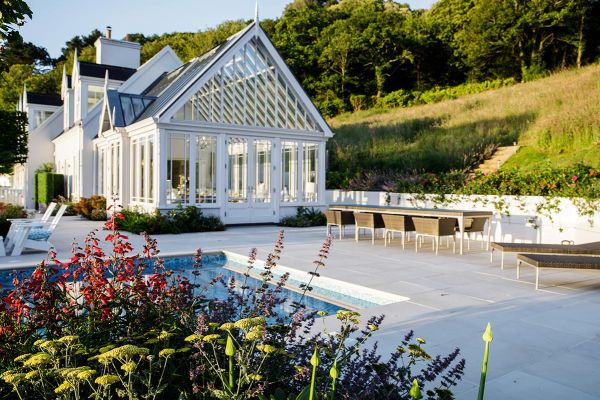
/filters:quality(55)/mediadev/media/product-swatches/BSP.jpg)
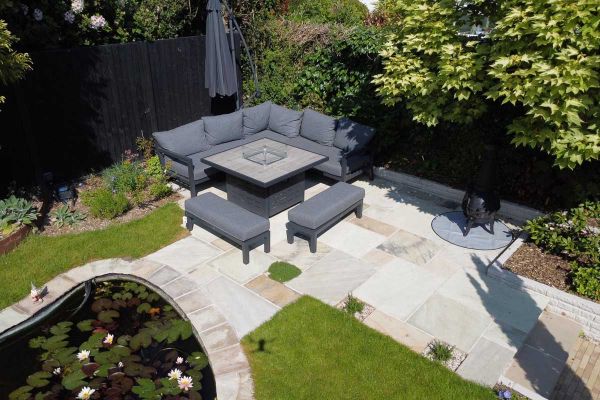
/filters:quality(55)/mediadev/media/product-swatches/MSP.jpg)
/filters:quality(65)/mediadev/media/product-feature-banners/feature_banner_delivery.jpg)

/filters:quality(55)/mediadev/media/product-swatches/DGSP.jpg)

/filters:quality(55)/mediadev/media/product-swatches/KGSP.jpg)
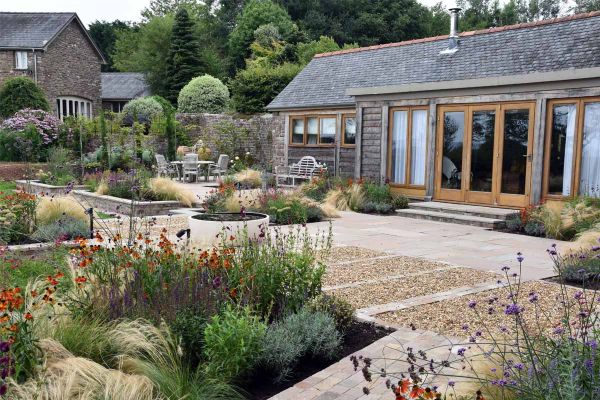
/filters:quality(55)/mediadev/media/product-swatches/TRGSP.jpg)
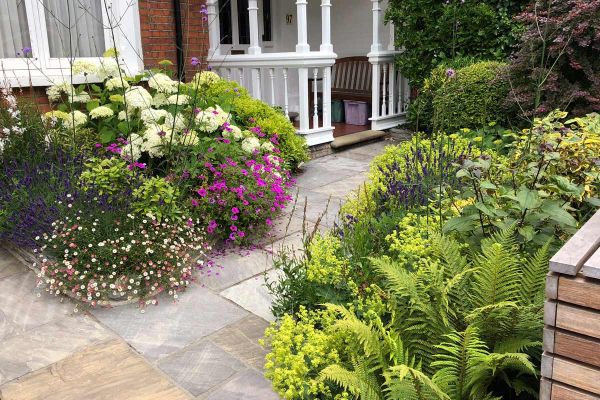
/filters:quality(55)/mediadev/media/product-swatches/TBSP.jpg)
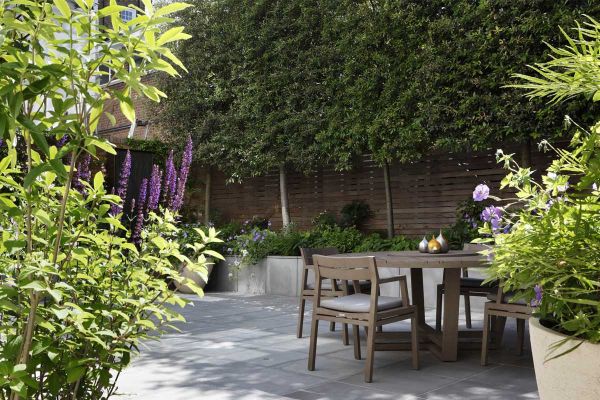
/filters:quality(55)/mediadev/media/product-swatches/CGSP.jpg)
/filters:quality(65)/mediadev/media/product-feature-banners/feature_banner_pack.jpg)
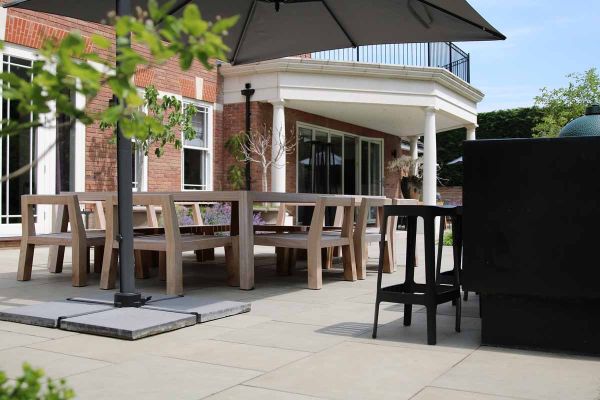
/filters:quality(55)/mediadev/media/product-swatches/HeSP.jpg)
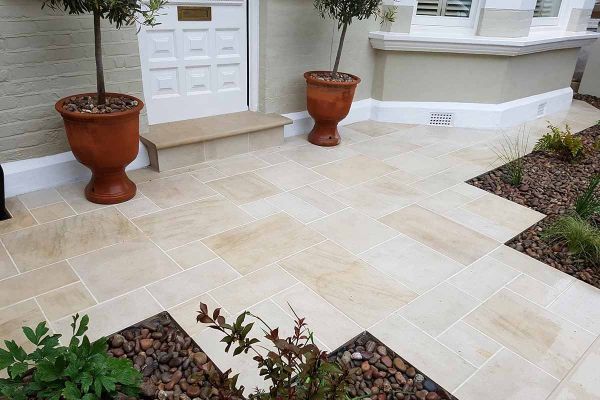
/filters:quality(55)/mediadev/media/product-swatches/MMSP.jpg)
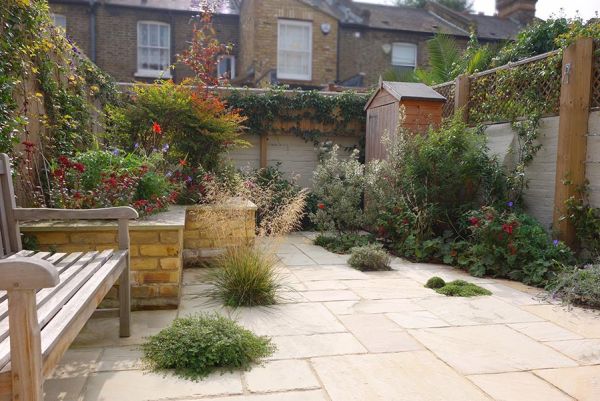
/filters:quality(55)/mediadev/media/product-swatches/TMSP.jpg)
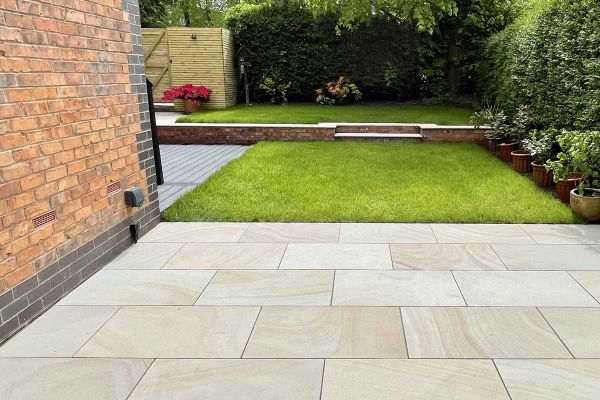
/filters:quality(55)/mediadev/media/product-swatches/LBSP.jpg)

/filters:quality(55)/mediadev/media/product-swatches/BuSP.jpg)
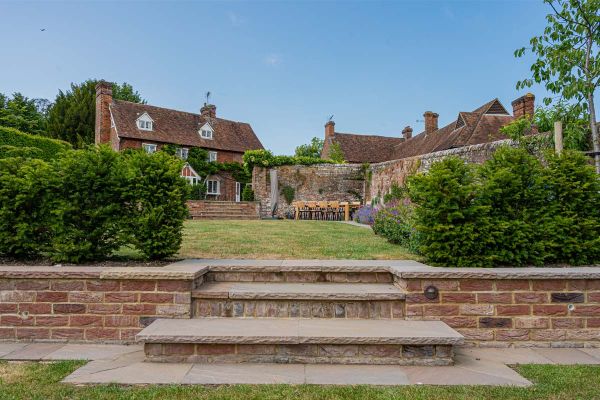
/filters:quality(55)/mediadev/media/product-swatches/ABSP.jpg)



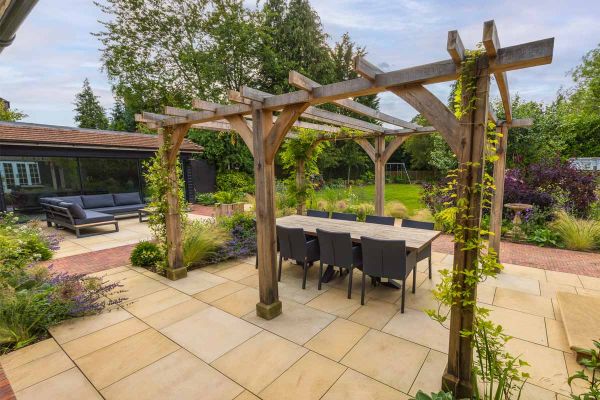
/filters:quality(55)/mediadev/media/product-swatches/HSP.jpg)
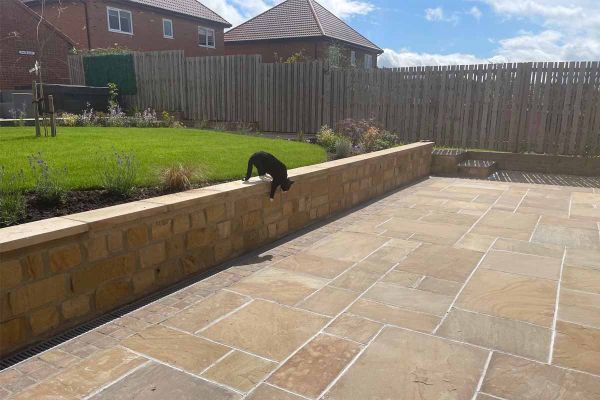
/filters:quality(55)/mediadev/media/product-swatches/CDSP.jpg)
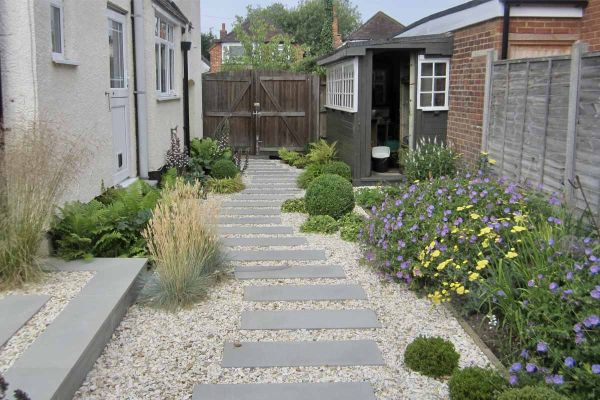
/filters:quality(55)/mediadev/media/product-swatches/FGSP.jpg)
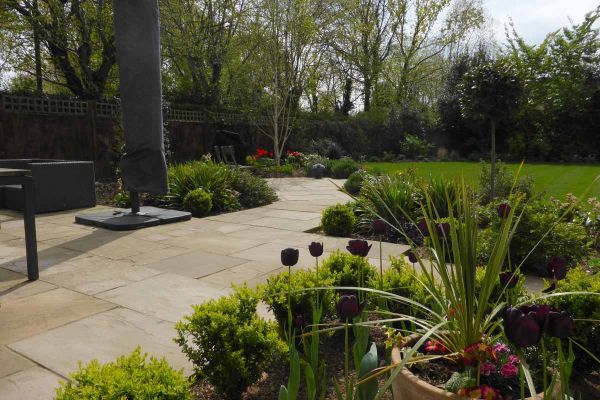
/filters:quality(55)/mediadev/media/product-swatches/RGSP.jpg)
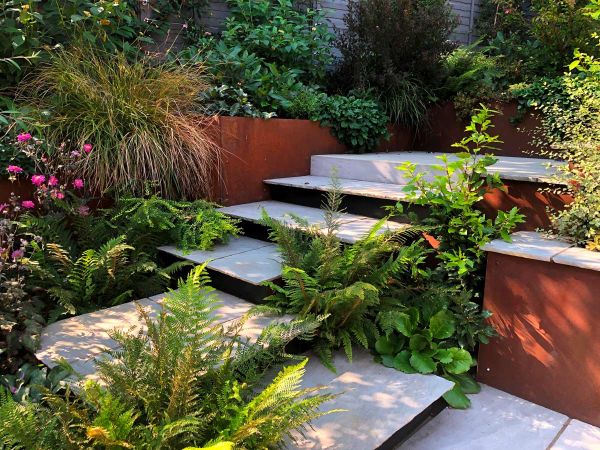
/filters:quality(55)/mediadev/media/product-swatches/TKGSP.jpg)